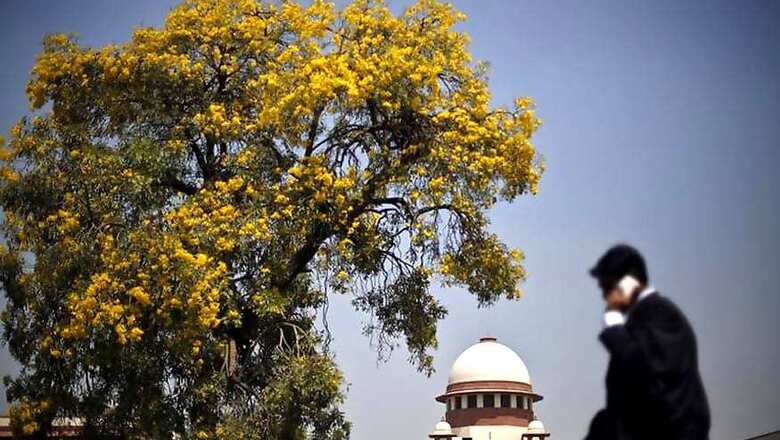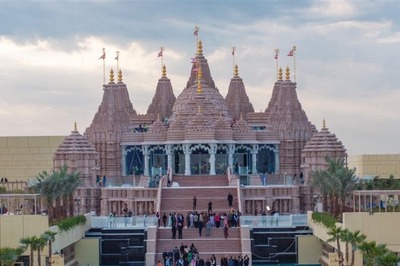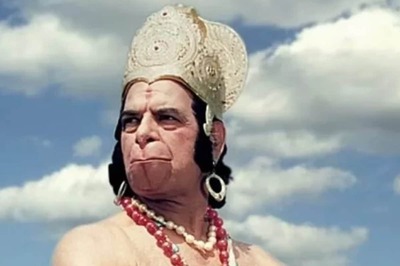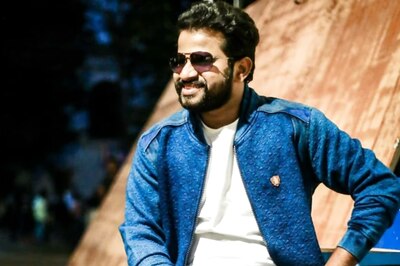
views
New Delhi: The Supreme Court on Thursday said that a larger constitution bench will be convened to examine the issues of women’s entry to any house of worship and other religious practices that discriminate against women. This was after the top court was asked to review a September 2018 order that allowed women entry to Kerala’s Sabarimala temple.
The court said the issue of Muslim women’s entry to mosques, cases of female genital mutilation in the Dawoodi Bohra community and access to fire temples or ‘towers of silence’ for Parsi women who marry outside the community will all be clubbed along with the Sabarimala matter and be heard by the bench.
The three judges who decided to refer the cases to a larger constitution bench said that the decision of a larger bench would "put to rest recurring issues touching upon the rights flowing from Article 25 and 26 of the Indian Constitution”.
The bench, including CJI Ranjan Gogoi, Justice Khanwilkar and Indu Malhotra, also said that there were some questions, fundamental and important issues that the larger bench could look into. By answering these questions the larger bench could decide whether the court can enquire into the issue of a particular practice of a religion, religious denominations "or should that be left exclusively to be determined by the head of the section of the religious group."
The relationship between right to practice religion and right of religious groups to manage their affairs, is given in Article 25 and 26 of the Indian constitution. The three-judge bench thinks that this is one of the fundamental issues that the larger bench could deal with.
This question lies at the heart of disputes in case of Sabarimala, entry of Muslim women in mosques/dargah. The three-member bench also has asked whether "essential practices" which can restrict entry of a person to a religious place can be defended through Article 26.
How restrictive can 25 (1) be?
The right to practice one's religion freely is subject to public order, morality and health and other provisions, through Article 25 (1). In case of Sabarimala, it was argued that allowing women would go against ‘public order, morality and health’.
What is "constitutional morality"?
The three-judge majority bench stated that "the expression ‘morality’ or ‘constitutional morality’ has not been defined in the Constitution. Is it over-arching morality in reference to preamble or limited to religious beliefs or faith? There is need to delineate the contours of that expression, lest it becomes subjective."
Justice DY Chandrachud, who was a member in the five judge bench which had earlier allowed women entry into Sabarimala, had said in the judgment, "To treat women as children of a lesser god is to blink at constitutional morality." The term had come under criticism for being vague. Some had argued that Parliament alone was competent to define morality.
In their minority judgment Justices RF Nariman and DY Chandrachud again state that constitutional morality means "nothing but values inculcated by the constitution" and are synonymous with Article 25 and mean "harmonisation of fundamental rights". But this this is a term that may require more clarification, the three judge majority bench believes.




















Comments
0 comment